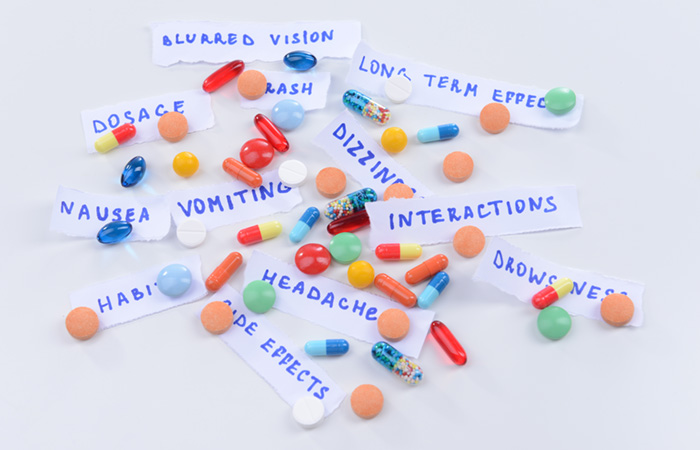Adverse Drug Reactions – Medical Science Notes – For W.B.C.S. Examination.
প্রতিকূল ড্রাগ প্রতিক্রিয়া – মেডিকেল সায়েন্স নোট – WBCS পরীক্ষা।
Adverse drug reactions (adverse effects) are any unwanted effects of a drug. There are several different types:Continue Reading Adverse Drug Reactions – Medical Science Notes – For W.B.C.S. Examination.
1)Dose-related
2)Allergic
3)Idiosyncratic
Dose-related adverse drug reactions
represent an exaggeration of the drug’s therapeutic effects. For example, a person taking a drug to reduce high blood pressure may feel dizzy or light-headed if the drug reduces blood pressure too much. A person with diabetes may develop weakness, sweating, nausea, and palpitations if insulin or an oral antidiabetic drug reduces the blood sugar level too much. This type of adverse drug reaction is usually predictable but sometimes unavoidable. It may occur if a drug dose is too high (overdose reaction), if the person is unusually sensitive to the drug, or if another drug slows the metabolism of the first drug and thus increases its level in the blood (see Drug Interactions). Dose-related reactions are usually not serious but are relatively common.
Allergic drug reactions
are not dose-related but require prior exposure to a drug. Allergic reactions develop when the body’s immune system develops an inappropriate reaction to a drug (sometimes referred to as sensitization). After a person is sensitized, later exposures to the drug produce one of several different types of allergic reaction. Sometimes doctors do skin tests to help predict allergic drug reactions.
Idiosyncratic adverse drug reactions
result from mechanisms that are not currently understood. This type of adverse drug reaction is largely unpredictable. Examples of such adverse drug reactions include rashes, jaundice, anemia, a decrease in the white blood cell count, kidney damage, and nerve injury that may impair vision or hearing. These reactions tend to be more serious but typically occur in a very small number of people. Affected people may have genetic differences in the way their body metabolizes or responds to drugs.
Some adverse drug reactions are not related to the drug’s therapeutic effect but are usually predictable, because the mechanisms involved are largely understood. For example, stomach irritation and bleeding often occur in people who regularly use aspirin or other nonsteroidal anti-inflammatory drugs (NSAIDs). The reason is that these drugs reduce the production of prostaglandins, which help protect the digestive tract from stomach acid.
Please subscribe here to get all future updates on this post/page/category/website


 +919674493673
+919674493673  mailus@wbcsmadeeasy.in
mailus@wbcsmadeeasy.in







































































































